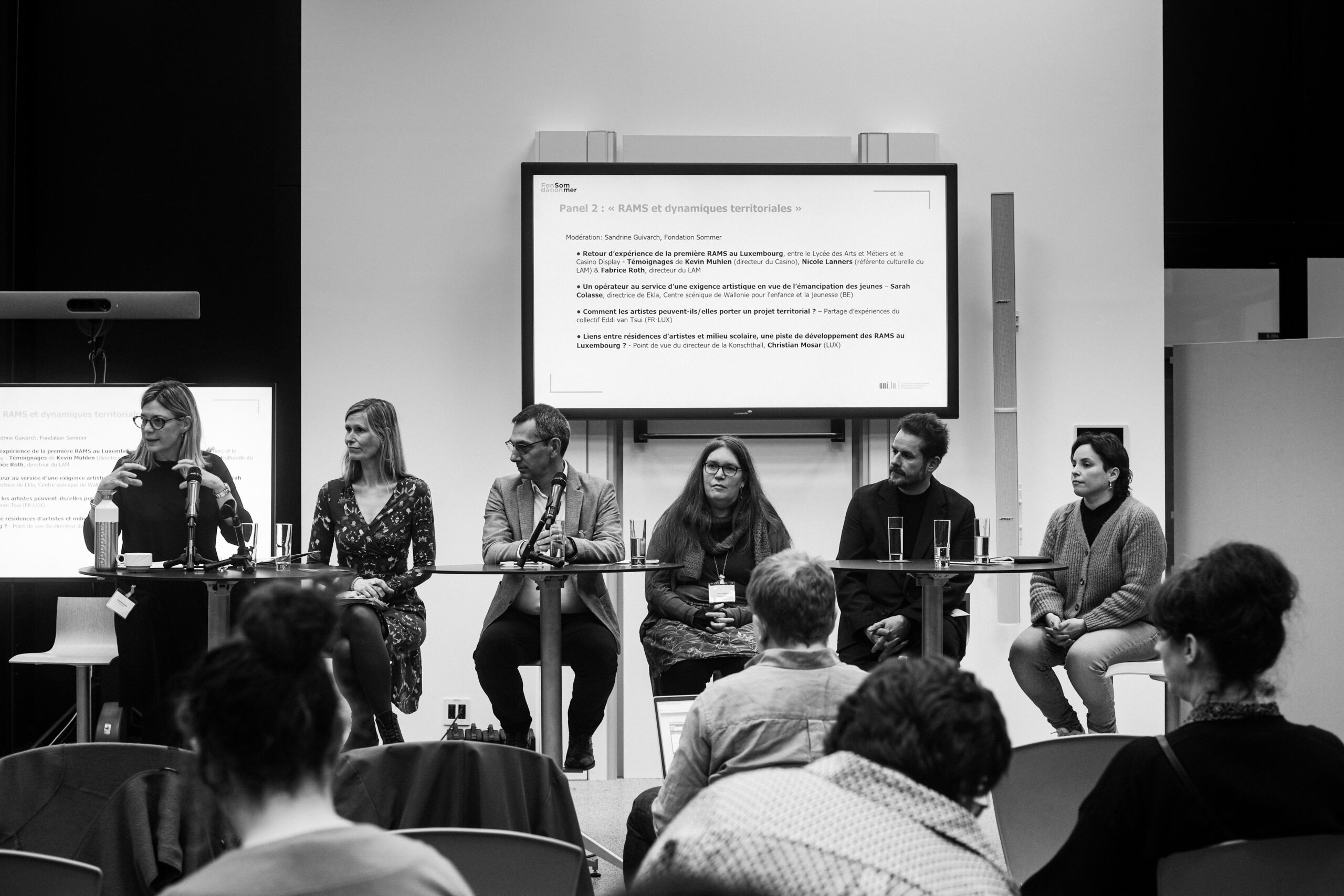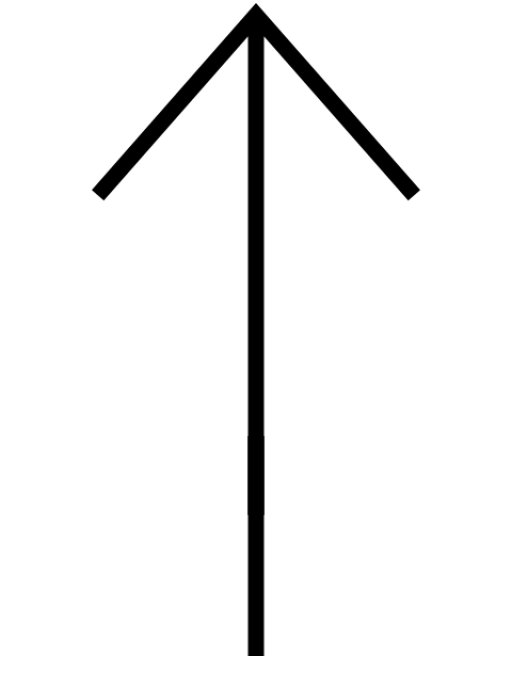The Fondation Sommer and the Master’s program in Secondary Education at the University of Luxembourg co-organized this interdisciplinary meeting, which aimed to address the topic of Artistic and Cultural Education in Luxembourg, shedding light on it from multiple perspectives.
The organizers proposed a reflection on two distinct but interconnected questions concerning the implementation of the objectives of Artistic and Cultural Education in Luxembourgish schools: artist-in-residence programs in school settings and language teaching.
The main insights from these two days are as follows:
- The confrontation of viewpoints between artists, teachers, and academics was very enlightening. The results of sociological surveys based on interviews revealed the effects of artistic and cultural education (EAC) programs on young people.
- It emerges that we need to trust young people more, as they have greater capacities for creativity, participation, and critical thinking than one might imagine. The key is to provide them with a space to express themselves, a space that should be integrated within the school framework. It is then up to the school to adapt in order to make this possible.
- The testimonials highlighted key considerations for implementing artistic and cultural education (EAC): thorough preparation of artistic interventions in the classroom, the importance of the artist-teacher partnership, teacher training in EAC, and the issue of evaluation in such initiatives.
- Experiences and studies seem to show that the duration and the disruptive dimension of the programs are crucial for an artistic project to have an impact on students. This supports the implementation of RAMS.
A detailed report outlining these two days of discussions has been prepared (FR) and can be downloaded at the bottom of the page.

